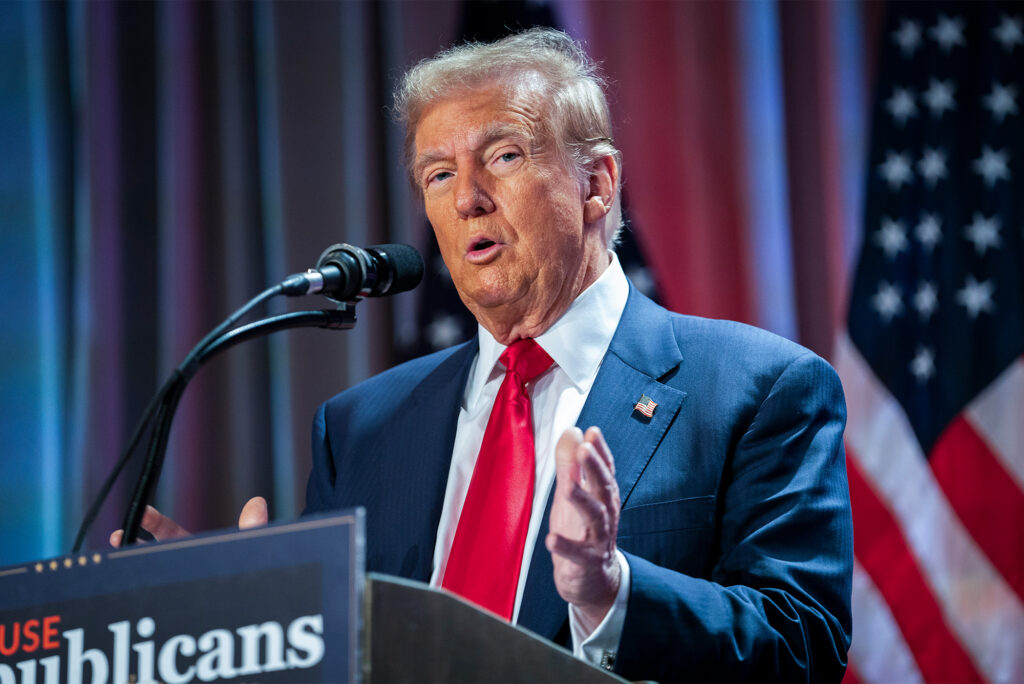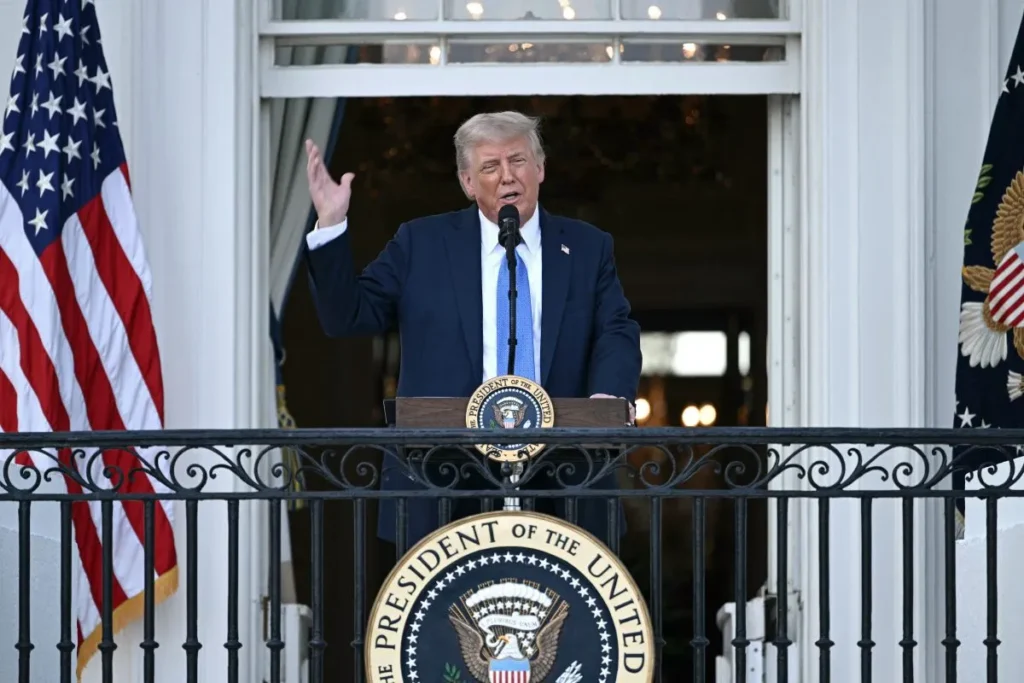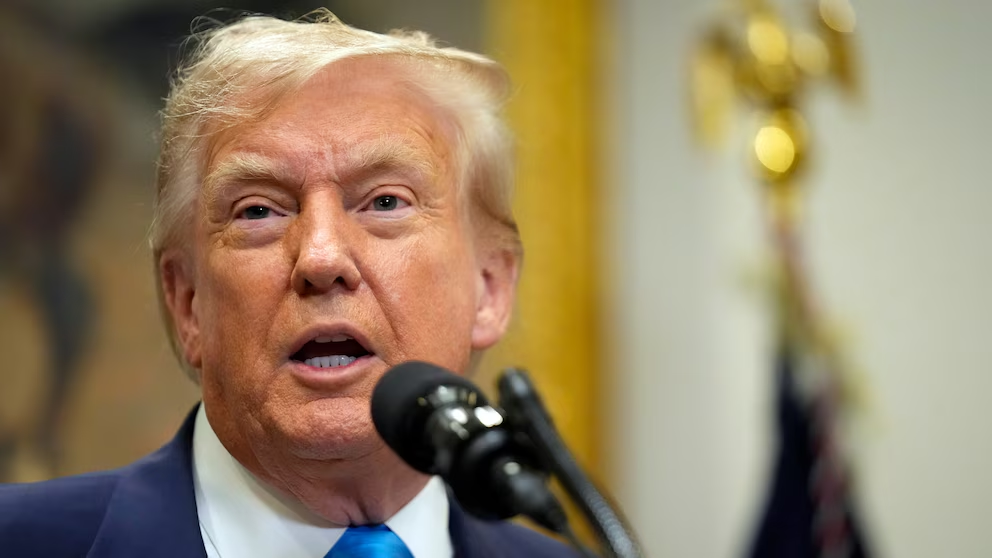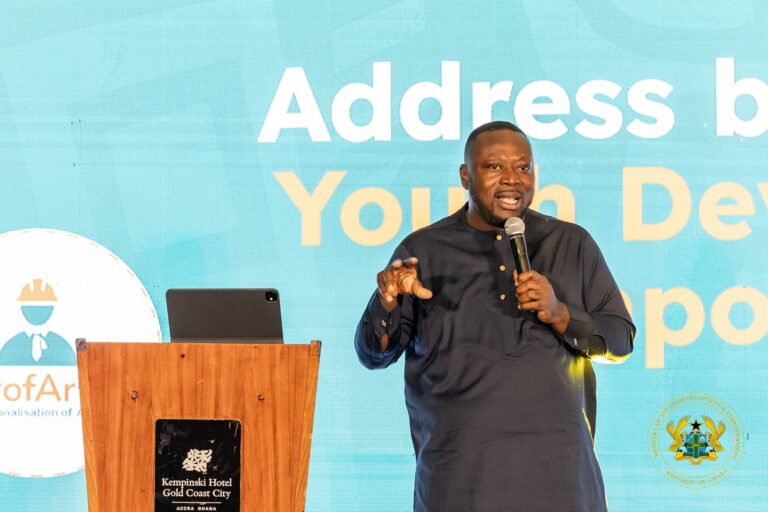The United States government has imposed a 15% ad valorem tariff on all Ghanaian exports following the signing of a new executive order by President Donald J. Trump on July 31, 2025. The tariff, which takes effect on August 7, is part of a sweeping strategy aimed at correcting trade imbalances and reinforcing what the Trump administration describes as a “national economic emergency.”
The directive targets a broad category of goods, impacting agriculture, textiles, processed foods, and other key Ghanaian exports to the U.S. The policy shift places Ghana alongside countries such as Nigeria, Kenya, and South Africa, which have also been affected under this new tariff regime.

“The United States must enforce reciprocal trade practices to protect national security and revitalize domestic manufacturing,” the executive order stated.
While Ghana has historically maintained strong diplomatic and trade ties with the U.S., the administration has deemed Ghana’s current tariff structures and trade alignment insufficient to meet U.S. strategic objectives.
Trade analysts warn that this move could disrupt export revenues, trigger job losses in affected sectors, and strain diplomatic relations unless urgent dialogue is initiated between the two nations.
This development comes as a blow to Ghana’s export economy, especially for small- and medium-scale enterprises that rely heavily on access to U.S. markets. Products likely to be affected include:
- Cocoa derivatives
- Kente and textile products
- Fruits and processed agricultural goods
- Handmade crafts and fashion accessories
Though the Ghana Export Promotion Authority (GEPA) and the Ministry of Trade and Industry have yet to issue a formal response, insiders suggest that diplomatic negotiations are being considered behind the scenes.
“The tariff could undermine years of effort made under bilateral trade frameworks such as AGOA,” noted a senior trade analyst.
The African Growth and Opportunity Act (AGOA), which previously facilitated duty-free access to the U.S. market for certain African nations, now faces renewed scrutiny under this more protectionist stance by the Trump administration.

The order includes stringent enforcement clauses, warning of penalties of up to 40% for any attempts to bypass the tariffs through third-party transshipments. The U.S. Trade Representative’s Office will monitor compliance and deliver biannual reports to the White House.
This escalation marks a significant shift in U.S.–Ghana trade relations. It reflects the broader America First economic narrative and underscores the fragile nature of global trade partnerships in an increasingly polarized world.
Experts say Ghana may need to explore new bilateral negotiations or strategically reposition its trade offerings to minimize long-term damage.
As Ghana awaits an official government response, the immediate priority for exporters will be navigating the logistics, pricing, and market access challenges posed by this sudden tariff hike.




